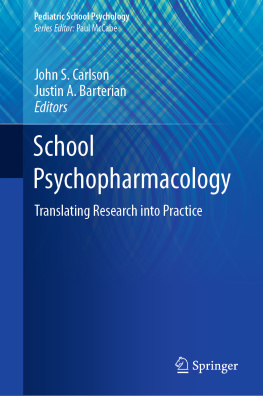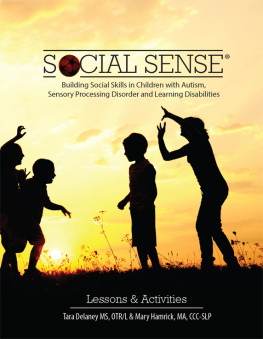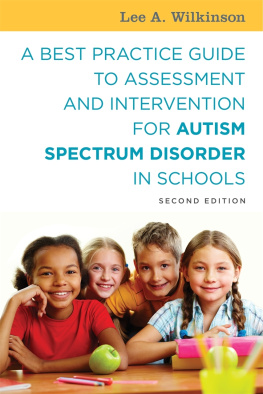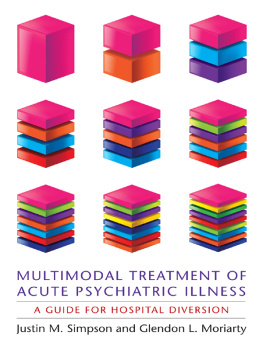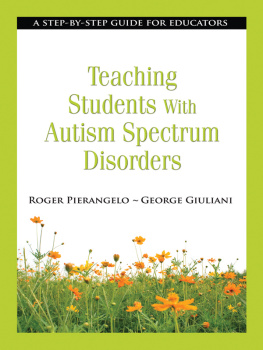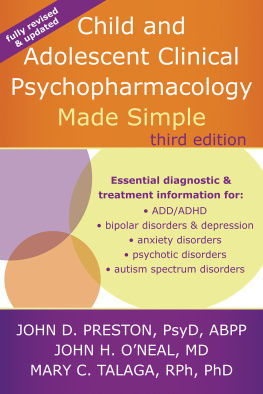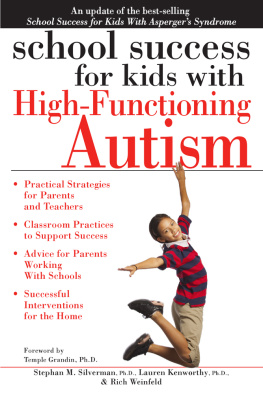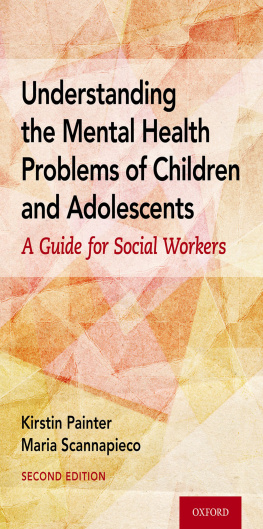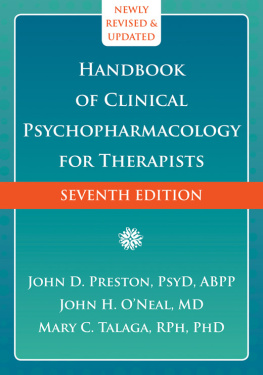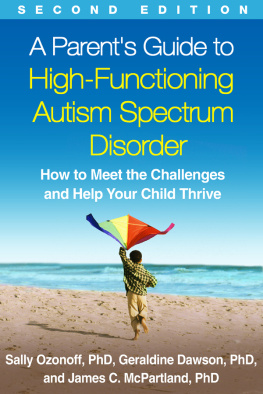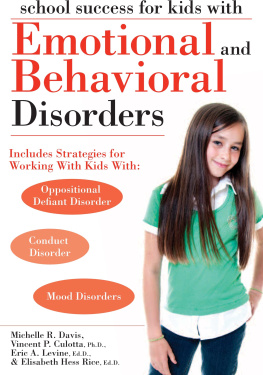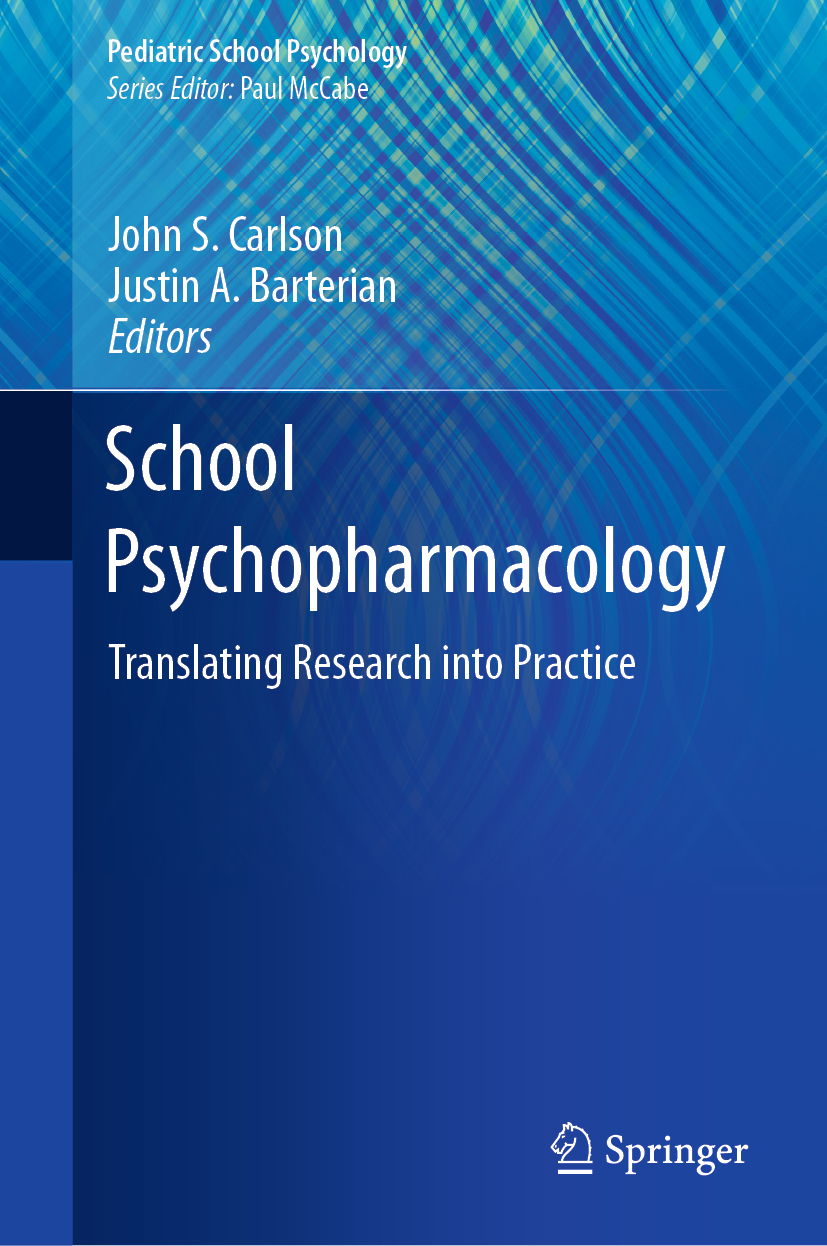Pediatric School Psychology
Series Editor
Paul McCabe
School of Education, Brooklyn College, Brooklyn, NY, USA
The Pediatric School Psychology series presents evidence-based research and practices for prevention, intervention, and treatment of pediatric health issues in school settings. As school psychologists and other educational professionals apply their skills to promote the social and academic success of all students, the information presented in each book in the series facilitates their efforts to understand various health and mental health disorders and target educational delivery to maximize success. Each volume in the series provides analysis by leading experts, who evaluate, synthesize and summarize key research findings and school-related considerations on a specific pediatric disorder. Volume authors critically assess the quality and scholarly design of the extant literature and provide readers with a comprehensive, in depth review of the topic. The information presented in each volume helps scholars and practitioners make informed decisions about identification, evaluation, and treatment of the pediatric health or mental health issue. The overarching goal of the series is to inform and facilitate efforts to enhance the health, mental health, and educational development of students.
More information about this series at http://www.springer.com/series/13561
Editors
John S. Carlson and Justin A. Barterian
School Psychopharmacology Translating Research into Practice
Editors
John S. Carlson
School Psychology Program, Michigan State University, East Lansing, MI, USA
Justin A. Barterian
Department of Psychiatry and Behavioral Health, Ohio State UniversityWexner Medical Center, Columbus, OH, USA
ISSN 2524-8278 e-ISSN 2524-8286
Pediatric School Psychology
ISBN 978-3-030-15540-7 e-ISBN 978-3-030-15541-4
https://doi.org/10.1007/978-3-030-15541-4
Library of Congress Control Number: 2019935158
Springer Nature Switzerland AG 2019
This work is subject to copyright. All rights are reserved by the Publisher, whether the whole or part of the material is concerned, specifically the rights of translation, reprinting, reuse of illustrations, recitation, broadcasting, reproduction on microfilms or in any other physical way, and transmission or information storage and retrieval, electronic adaptation, computer software, or by similar or dissimilar methodology now known or hereafter developed.
The use of general descriptive names, registered names, trademarks, service marks, etc. in this publication does not imply, even in the absence of a specific statement, that such names are exempt from the relevant protective laws and regulations and therefore free for general use.
The publisher, the authors and the editors are safe to assume that the advice and information in this book are believed to be true and accurate at the date of publication. Neither the publisher nor the authors or the editors give a warranty, expressed or implied, with respect to the material contained herein or for any errors or omissions that may have been made. The publisher remains neutral with regard to jurisdictional claims in published maps and institutional affiliations.
This Springer imprint is published by the registered company Springer Nature Switzerland AG.
The registered company address is: Gewerbestrasse 11, 6330 Cham, Switzerland
We dedicate this book to all the school-aged children and their families who struggle with accessing evidence-based mental health treatments. We hope this book can further support the availability of effective treatment approaches that match the complex etiology of psychological/psychiatric disorders. To that end we know that school personnel are important stakeholders in promoting childrens academic and developmental success and this book too was written for those heroes who serve our children daily. We hope this book may help to further break down the walls built up around the settings in which children receive mental health care and developmental nurturing.
A special thank you to my wife, Michelle and my children, Alex, Madalyn, and Brady, who supportively allow me to pursue my diverse scientist-scholar-practitioner interests.
John S. Carlson
Thank you to my wife, Alicia, for her continued support and my daughter, Morgan, for the welcome distractions.
Justin A. Barterian
Preface
Students are only eligible for special education services if demonstratable school-related functioning deficits are present. This presents numerous challenges both ethically and professionally when working with interdisciplinary teams regarding diagnostic decision-making for those school-aged children with mental health disorders (e.g., ADHD, social anxiety) who are responding favorably to physician-prescribed psychotropic treatments. If the effects of medication treatment no longer result in significant functioning deficits in the school setting, does this mean that psychotropic medications can prevent a students need for more resource-intense special education services? If so, does this mean that it might be cost-effective for public school funding to go towards medication consultation by physicians and/or psychotherapy consultations by psychologists with such investments focused on reducing the cost of special education services through prevention efforts?
Siloed approaches to promoting childrens developmental functioning and care for when mental health challenges are present are not best practice. Schools, hospitals, physician offices, and community-based mental health centers often work in isolation around a childs mental health needs. The investigative report surrounding the Sandy Hook Elementary School Shootings provides a very clear example of the problems with these current siloed systems of care. Collaboration around integrative mental health treatment is best practice and aligns with the etiological complexity surrounding serious mental health disorders impacting children and adolescents. Mental health providers and systems of care must adapt to better meet the needs of children, families, and school systems serving children with mental health challenges. This is a public health issue. One with significant costs when inadequate siloed care is provided. What will it take to break down silos? How do we better integrate care across these silos, especially for our children and families most in need?
Health Service Psychologist training programs (i.e., clinical, counseling, school) rarely attend to the role of medications when preparing professionals in the area of mental health treatments. Evidence clearly indicates higher rates of psychotropic medication treatment utilization when compared to psychotherapy. Insurance, marketing, pragmatic barriers, misinformation/lack of information surrounding evidence-based treatments, family values, and other social factors play a role in treatment selection. Mental health professionals, especially those working in schools must seek out a balanced knowledge base across psychiatry/psychology and play an active role in disseminating evidence-based biopsychosocial practices to those in need. How do we better expose mental health professionals to all evidence-based mental health practices? What will it take to improve communication and consultation skills across school and community settings?

